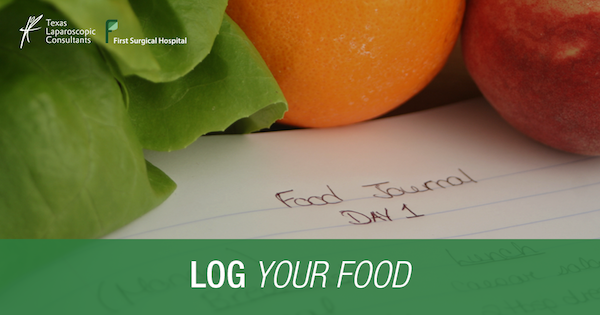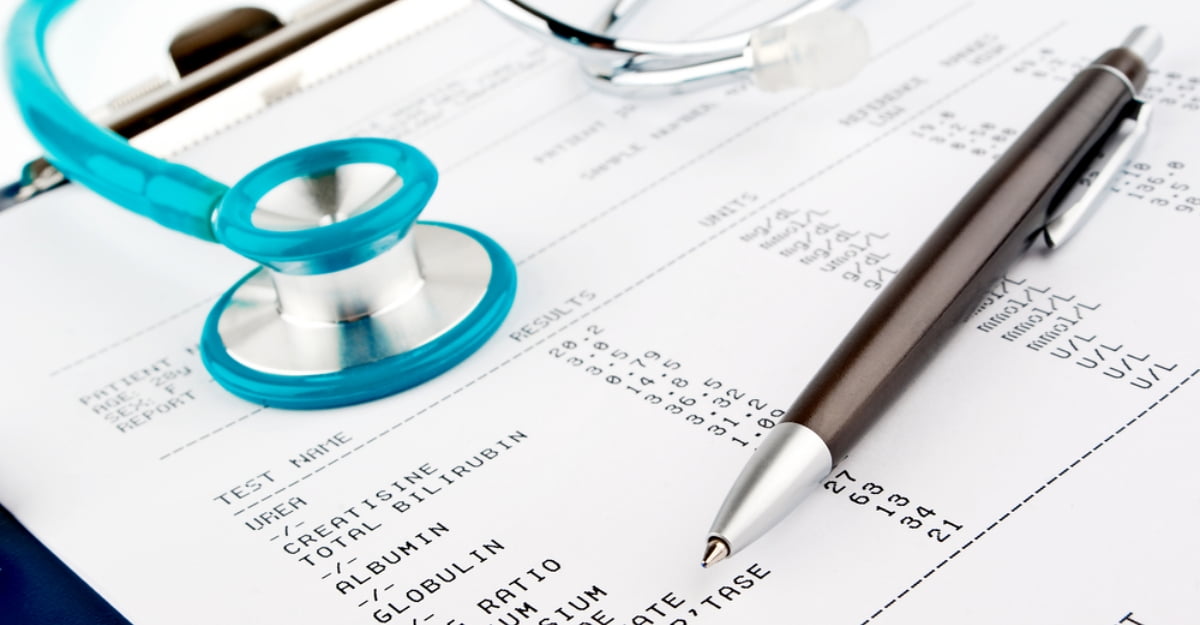The Skinny on Weight Loss Medications Diet and exercise can only take some people so far: many of our patients...

Behavior modification after bariatric surgery is critical to losing most or all of your excess weight. As you make healthy lifestyle changes, our Houston weight loss surgery team recommends a strategy called self-monitoring, which involves maintaining a food and exercise journal. According to the Obesity Action Coalition, “The goal of self-monitoring is to increase self-awareness of target behaviors and outcomes.”
Self-monitoring can help you keep track of these behavioral changes and identify patterns for success. Modern tools and technology have increased the ease, convenience and accuracy of self-monitoring.
Let’s look at how self-monitoring through a food and exercise journal can help you achieve your weight loss goals.
Why Self-Monitoring Is Important
Self-monitoring forces you to observe and record eating, drinking and exercising habits. Being more aware of what you’re consuming and how often you’re exercising is an eye-opening experience. Sometimes we don’t realize the amount of food we actually consume on a daily basis, how many calories are in our favorite beverage, or how often we skip a much-needed workout.
Knowing that you have to be accountable and write down every piece of food or beverage may stop you from making poor decisions. Knowing that you have a visible record of workouts may push you to lace up your shoes and step outside for a walk or run.
Self-monitoring can also show you where you can do better. If your weight loss plateaus, you can go back to your food or workout log and identify areas to improve. Perhaps a certain food or behavior triggers binging behavior, or you notice that you haven’t been working out as regularly as you thought.
Your food and exercise journals are helpful to your medical team, too. When you meet with them to review your progress and plan your goals, they can look at this data and make suggestions.
Keeping a Food Log/ Diary
A food log is a journal of all foods and beverages consumed daily. It should include, at the very least, the type, amount and calorie content of each food and beverage you consume. It may also include other information such as the time of day the food/beverage was consumed, the fat content and the amount of carbohydrates. A food diary is a more detailed type of food log. A food diary may include information about your mood and stress level while eating/drinking and any environmental or emotional triggers. The digital age allows us to track our food quickly and conveniently using online diaries. Some of the best options are www.sparkpeople.com and www.myfitnesspal.com, which also offer smartphone apps.
It’s up to you and your medical team how detailed to make your food log or diary. Understand that you’ll want to use a strategy that you can maintain over a long period of time. Keeping a meticulous food diary may not be sustainable long-term.
Keeping an Exercise Log
Keeping an exercise log or diary is another excellent self-monitoring technique. Ideally, you should record the type of exercise, as well as the duration of the workout and the level of physical exertion. There are plenty of tools and apps to help capture detailed information during a workout, like the distance covered, pace and calories burned.
A basic pedometer will track the number of steps taken per day. More advanced pedometers offer other functions, like calorie estimates, pulse rate readers, speed estimators, times and stopwatches.
An accelerator has more sophisticated monitoring technology to provide even more information. These devices will measure frequency, duration and intensity of physical activity or a workout.
Metabolic devices are some of the most accurate tools for self-monitoring. With advanced tracking technology and sensors, metabolic devices can tell whether you are sitting or engaging in a physical activity (and what that activity is!). They measure physical exertion, emotional stimuli, skin temperature and heart rate. This information then provides a precise measurement of calories burned throughout the day, and can be integrated with an online food diary to compare calories consumed.
Learn More about the Tools for Success
For more information about why self-monitoring is important after weight loss surgery, please contact Texas Laparoscopic Consultants by calling (713) 535-9903 or sending us an email today.












